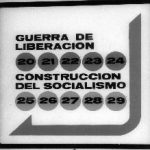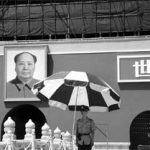On the Ethics of Revolution
became more apparent to him. Tern never acted wrongly ‘without feeling and suffering for it’. ~8 It will perhaps be evident to some readers that I am making a point parallel to the point which leads Wittgenstein to reject the possibility of ‘private’ assignments of names to referents. The parallel is cernplex, and hardly worth […]




